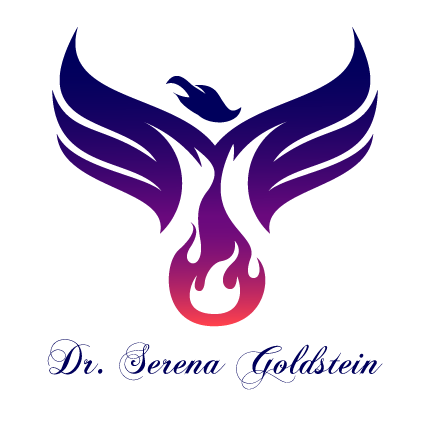The Link Between Vitamin D & Kale
Actually, kale doesn't have any vitamin D! But they can both address many of the same concerns!
As our interest in health grows, I love that vitamins and minerals and health foods get publicity, because it exposes us to knowledge about foods and nutrients that may otherwise go unknown.
Not that long ago in the grand scheme of medicine, testing for vitamin D3 (make sure it's 25-OH) was not routinely performed until researchers and the medical community found that low levels of vitamin D linked to concerns such as:
Fatigue
Muscle cramps
General pain & weakness
High blood pressure
Weight gain
Joint pain
Poor concentration
Poor sleep
Headaches
Constipation or diarrhea
Depression
THIS WAS GREAT NEWS! Generally I see patients with multiple concerns, and sometimes those concerns may be diminished or actually disappear if levels are optimized! What does that mean?
Vitamin D levels are typically listed at a range between 30-100. But most likely you won't really feel different if your level is 29 or 31, except the latter number says you're 'normal' (and still not feeling good..). So I like to tighten the ranges and see levels around 50. Always good to test though, because too much vitamin D (e.g. over 100) can draw in calcium to bones that makes them brittle, and hardens arteries.
And what about kale?
Yes!! One of my favorite vegetables! Sauté it, bake it, drizzle it in olive oil, make kale chips, etc. I know I know, even if it doesn't have vitamin D. That's totally ok, because it is so chockfull of other wonderful nutrients that help reduce the risk of heart disease, cancer, eye problems (as we live in a world of technology), and can help with weight loss. It's actually extremely nutrient dense and one of the best 'bang for your buck' when it comes to eating vegetables. However, I recommend at least cooking kale in some way(even for a few minutes) because like other dark leafy greens (e.g. spinach, collard greens) and cruciferous vegetables (e.g. broccoli, cauliflower, brussels sprouts), it does have compounds that can inhibit thyroid function (usually after many many cups and over a period of time) such as in a documented case. So if you're looking for a healthy snack, it's ok to choose some broccoli to snack on versus other not-so-healthy options.
Focus on variety, and healthful choices
If you want to find out about more superfoods, and how to tailor your bloodwork to really maximize your efforts when it comes to losing weight & overall just optimizing your health, then let’s check out what YOUR ideal plan will look like!
